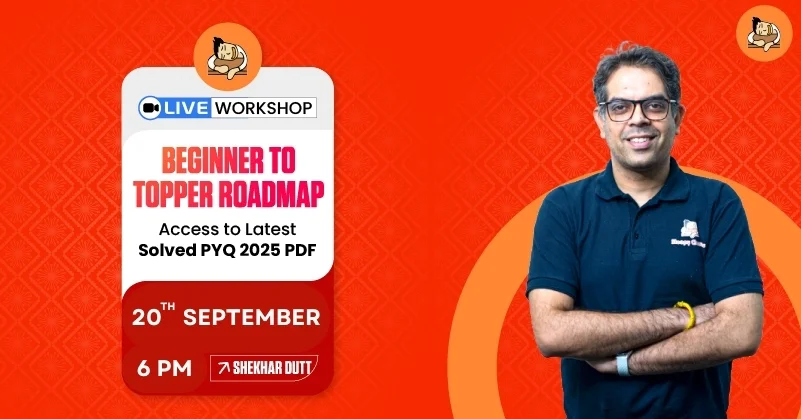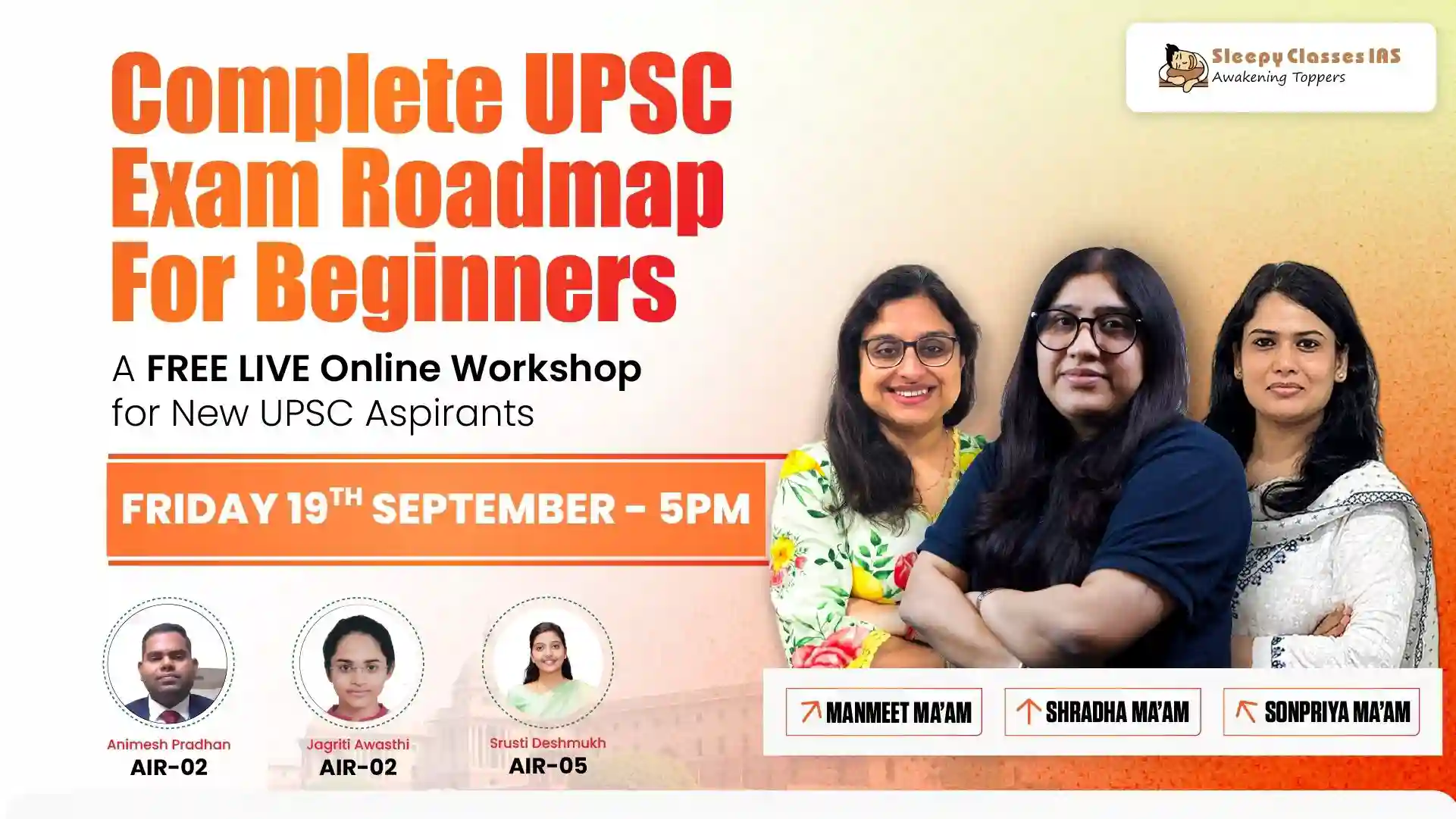
The period from July to December often leads to a lot of confusion, especially for aspirants who are either starting their preparation or have attempted prelims but couldn’t clear it. The key question is how to best utilize this time: should one start preparing for prelims first, or focus on mains as well? Here’s a comprehensive guide to help you navigate this crucial period effectively.
Key Takeaways
- Focus on holistic preparation covering both prelims and mains.
- Ensure your optional subject is ready by December.
- Adopt a time-bound and structured approach.
- Emphasize conceptual clarity and dynamic elements.
- Practice answer writing regularly.
Holistic Preparation: The Foundation
From July to December, it is essential to focus on holistic preparation. This means building a strong foundation in General Studies (GS) that will be beneficial for both prelims and mains. There is no clear-cut bifurcation between prelims and mains content, except for a few subjects like World History, which is more mains-oriented. The base you prepare will contribute to both stages of the exam.
Time Management and Optional Subjects
- Time Management: You still have ample time for prelims, so if you focus only on prelims now, you will have to revisit the material later for revision. Moreover, if you clear prelims but your mains preparation, particularly your optional subject, is incomplete, it will be nearly impossible to clear mains.
- Optional Subjects: Ensure your optional subject is ready by December. For subjects like Political Science and International Relations (PSIR), it is crucial to cover the syllabus in a time-bound manner, ideally within 5-6 months. Many students spend too much time on specific parts like WPT and Pol Theory, neglecting other areas. Keep your goal in mind and prepare in a scheduled manner.
Keys to Scoring Well in Optional Subjects
- Timely and Time-Bound Preparation: Start your preparation now and aim to complete your optional subject by December. Cover the entire syllabus holistically, using mandated books and notes to build clarity.
- Conceptual Clarity: This exam is not about spoon-feeding; you need to apply yourself extensively. Questions are often analytical rather than straightforward. Ensure you understand the concepts and how they can be asked in various ways.
- Dynamic Elements: Incorporate dynamic elements into your answers. For example, if a question on democracy arises, use recent reports to enrich your answer. This approach will make your answers more comprehensive and up-to-date.
Answer Writing Practice
- Understanding and Practicing: Regular answer writing practice is crucial. Initially, it may take time, but consistent practice will lead to improvement. This is why structured courses that include recorded lectures, current affairs, and detailed schedules can be beneficial.
- Evaluation: In courses with evaluation, your answers will be checked, providing you with feedback to improve. This is essential for understanding how well-prepared you are.
Additional Resources and Courses
- Recorded Lectures and Current Affairs: Courses that offer recorded lectures and monthly current affairs can help you cover the syllabus comprehensively. These courses often include detailed schedules, ensuring you know what to study and when.
- Private Groups and Live Sessions: Access to private groups and monthly live sessions can help you discuss strategies and clear doubts. This peer interaction can be invaluable.
- Mentorship: If you prefer guidance from a selected candidate, mentorship programs are available. These programs offer personalized guidance and can be a great asset in your preparation.
Conclusion
Don’t waste the period from July to December. Make your preparation holistic and structured. Focus on building a strong foundation in GS, ensure your optional subject is ready by December, and practice answer writing regularly. By following these strategies, you can maximize your chances of success in the UPSC exam and bring your dream to fruition.




